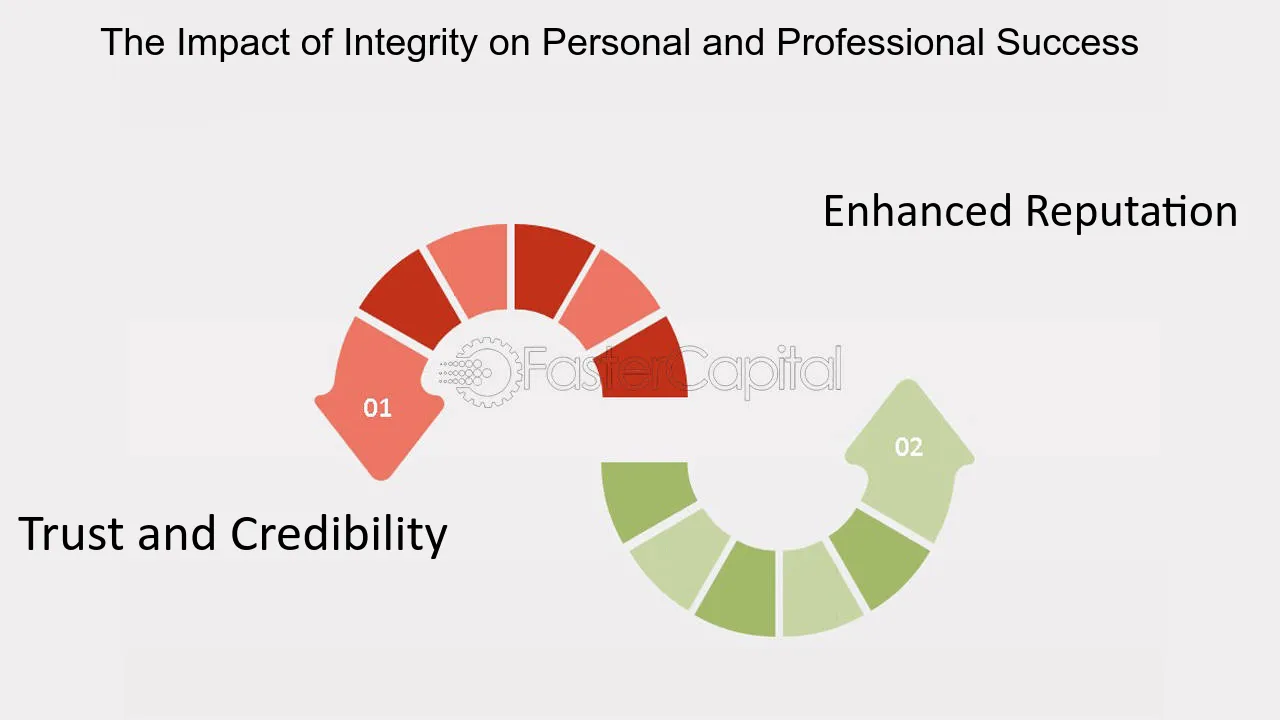
When you think about hens and their daily routine, egg laying often springs to mind first, but this seemingly mundane act hides a fascinating world of behaviors and emotions beneath the surface. One common question that arises is: why doesn’t a hen exhibit anger when her eggs are taken away by humans every day? At first glance, it’s perplexing that these feathered creatures do not show clear signs of anger or distress, but delving into hen psychology reveals a richer and more nuanced understanding of their emotional landscape.
Chickens, particularly hens, have a unique way of processing their environment. Unlike humans, whose emotions are often expressed through dramatic gestures and vocal outbursts, hens display their feelings in more subtle ways. They are social animals, forming hierarchies and bonds within their flocks. This social structure plays a significant role in their daily interactions and emotional responses. While it is true that hens can become agitated or distressed, their reactions often depend on the circumstances under which their eggs are taken.
Colltecting eggs also influence hens
In a scenario where a human collects eggs in their presence, the hen might exhibit signs of discontent. Observations show that some hens may react by staring intently at the person collecting eggs, and a few may even attempt to fly at the collector. This behavior is a clear indication that the hens are aware of their eggs being taken and, at least momentarily, do not appreciate the disruption. Yet, once the eggs are removed and the humans leave the coop, the hens often return to their normal behavior, seemingly undisturbed and ready to lay again. This might lead to the conclusion that hens understand that egg collection is a routine part of their existence, much like other aspects of their daily lives, such as foraging for food or dust bathing.

Interestingly, if the eggs are taken away without the hens witnessing the act, it leads to a different emotional response altogether. Hens possess a relatively low level of intelligence compared to other animals, which means they may not connect the dots as easily. When a hen returns to the nest and finds only one or two eggs remaining, it might leave her in a state of confusion rather than anger. This bewilderment can lead to a continuation of their egg-laying cycle without the emotional baggage of loss. Essentially, hens are not capable of understanding the concept of property or ownership in the same way that humans do. Their brains do not register the absence of their eggs as a loss to be mourned or fought over, instead, they simply adapt to their current circumstances.
Another intriguing aspect of this phenomenon is the hen’s instinct to lay eggs and the role it plays in their behavior. Hens are biologically programmed to lay eggs, often producing one every 24 to 26 hours. This routine is not just about survival; it’s also an ingrained behavior that drives their daily existence. When a hen lays an egg, her body is already transitioning to the next cycle, focused on producing the next egg. The act of laying is so instinctual that even when faced with the removal of her eggs, a hen’s primary focus remains on continuing this cycle. Therefore, when a hen loses her eggs, she does not dwell on the loss but instead continues with her life, laying more eggs as part of her natural rhythm.
The social aspect of hens
The social dynamics of hens are equally compelling; in flocks, they rely heavily on one another, sharing nesting spaces and engaging in communal behaviors that foster a sense of community. When a hen discovers her eggs are missing, she may not associate this loss with human intervention but rather view it as part of the natural rhythm of her flock’s life. If a hen feels threatened or senses danger, she may respond defensively, but during egg collection, the absence of aggression towards humans may stem from a feeling of safety and trust in their environment, or even a natural acceptance of human presence in their lives.

Human interaction with chickens also plays a part in how hens respond to egg collection. Farmers and backyard chicken keepers often develop bonds with their hens, understanding their behaviors, and forming routines that respect their needs. A calm and respectful approach to collecting eggs can lead to a more relaxed atmosphere for the hens, reducing any anxiety they might feel during the process. This dynamic can create a sense of harmony within the coop, allowing the hens to continue their egg-laying habits without disturbance.
The question of why hens do not get angry when their eggs are taken away reveals a complex interplay of biology, behavior, and social structure. Hens may exhibit confusion or agitation when they witness their eggs being taken, but their fundamental instinct to lay and the lack of a developed understanding of property lead them to accept the situation without emotional turmoil. The beauty of nature lies in its intricacy, where even the most mundane aspects of animal behavior can spark wonder and curiosity. Recognizing and appreciating this dynamic is essential for anyone involved in caring for hens, ultimately fostering a more compassionate and understanding relationship with these remarkable creatures.
Understanding the reactions of hens to egg collection requires a nuanced exploration of their behavior and emotional responses. While it is easy to attribute human emotions to hens, such as frustration or anger, it is essential to recognize that their reactions are informed by instinct rather than conscious thought. In this section, we will delve into the consequences of egg collection on hen behavior and examine various factors that influence their emotional responses.

One of the most fascinating aspects of a hen’s behavior emerges when her eggs are removed in her sight; her reactions can differ dramatically compared to when the eggs are taken without her knowledge. As previously noted, a hen might display agitation or curiosity, evidenced by her intense watching of the collector or even attempting to fly at them, showcasing an undeniable awareness of her surroundings. Yet, once the initial act of egg collection is completed and the human departs, the hen typically returns to her natural routine, once again laying new eggs as if nothing has happened.
The emotional state of the hen
This leads us to consider the emotional state of the hen in terms of recognition and attachment to her eggs. While hens may express confusion when they notice a reduction in the number of eggs, they do not experience the same sense of loss that humans might feel when something they own is taken away. Their emotional responses are less about possessiveness and more about instinctual behaviors tied to their reproductive cycles. Hens are hardwired to lay eggs almost daily, and their biology drives them to continue this cycle despite any disruptions.
The ability of hens to adapt to the daily collection of eggs can be understood through their social behavior as well. Hens live in flocks, where the dynamics of social interaction play a significant role. In group settings, the absence of individual eggs might not be attributed to a human act but rather interpreted as part of the communal ebb and flow of their environment. Should a hen feel threatened, she may exhibit defensive behaviors, yet in the context of egg collection, the absence of overtly aggressive reactions could suggest a level of comfort and trust developed in the presence of humans. This highlights the complex nature of hen interactions and the influence of their social environment.

Moreover, research indicates that hens can form strong emotional bonds with their caretakers. Farmers and chicken enthusiasts who understand their hens’ behaviors often adopt practices that minimize stress during the egg collection process. By approaching the hens calmly and respectfully, this nurtures a sense of security, allowing the hens to continue their egg-laying routines without the burden of anxiety. Such human-animal interactions are crucial in fostering a harmonious environment, ultimately benefiting the overall well-being of the hens.
Frequency and method of collection influences
The impact of egg collection on hen behavior can also vary depending on the frequency and method of collection. Regularly removing eggs shortly after they are laid, when the hens are known to be off the nesting boxes, may reduce their awareness and subsequent reactions. Conversely, if collection occurs when the hens are present, their awareness is heightened, leading to the behaviors described earlier.
Furthermore, the presence of distractions or positive reinforcements can alter hens’ responses to egg collection. For instance, introducing treats or engaging activities during or after the collection may redirect their focus, alleviating any potential agitation they might feel. Providing environmental enrichment such as perches, dust baths, or foraging opportunities contributes to a more balanced psychological state for the hens, allowing them to continue their egg-laying routines without emotional disturbance.

Interestingly, the concept of revenge sometimes emerges in discussions about hen behavior; while it might be amusing to suggest that a hen could retaliate by changing her laying location, there’s a nugget of truth in the idea that hens can assert their autonomy. If a hen feels threatened or disturbed during egg collection, she may choose to relocate her nesting behavior as a natural instinctive response, showcasing the adaptability and resilience that hens possess in navigating their surroundings effectively.
Considering the diverse reactions of hens to egg collection highlights their complex nature as living beings. This prompts us to reflect on their intrinsic qualities and the intricate tapestry of their lives. Understanding these behaviors is essential not only for chicken keepers but also for anyone fascinated by animal behavior and the emotional experiences of sentient beings.
Exploring hen reactions to egg collection reveals a rich tapestry of behavioral nuances that intertwine instinct, social dynamics, and adaptability. Although hens may not exhibit anger in the human sense, their responses to the removal of eggs illuminate their awareness of their surroundings and instinctual drives. By grasping these responses, caretakers can adopt a more compassionate and informed approach to chicken husbandry, fostering a deeper appreciation for these remarkable animals and their everyday lives. Ultimately, a respectful and understanding relationship between hens and their caretakers can flourish, paving the way for a harmonious coexistence that benefits both parties.
Related posts:
Do the chickens get mad when I take their eggs?
Why Aren’t My Chickens Laying Eggs? Troubleshooting Chicken Egg Laying Problems
Backyard Chickens Vent Gleet: Prevention and Treatment





